Climate Change & Travel Part 3: Saving the world
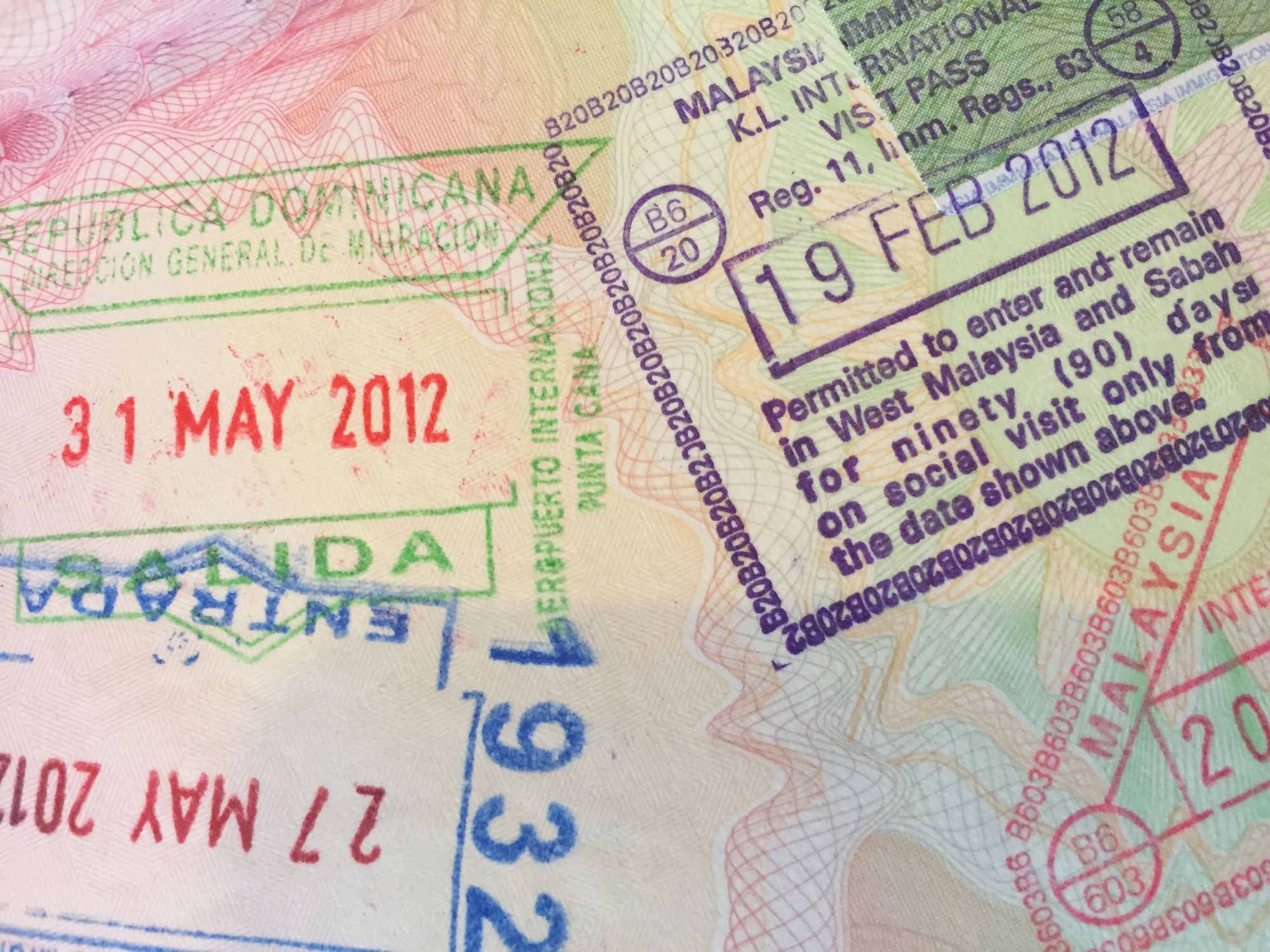
“My son’s studying in the States and I don’t feel great about getting on the plane to visit him, but I’m still going to do it….” She stops. “You know, the reason I don’t like these questions is that it makes it sound as if you have to be particularly self-sacrificing in order to be a Green, and what we should do is make it cheaper so everybody could, say, go to Europe by train.” She hates the subtext. “I’m not liking the signal that it gives out. It could be written up to say all Greens have to be vegetarians, not fly, and have a compost heap, and that is not the case.”
Caroline Lucas MP, Green Party of England and Wales (Interviewed in the Guardian, February 2015)
I think that one of the reasons why the environmental movement sometimes struggles to gain traction with the public at large is the stark, binary way in which the choices in front of us are often presented. Yes, the best way to avoid catastrophic climate change may be to ground every plane, for us all to become vegetarians, eschew our consumer electronic goods and live off the land, but that’s just not going to happen. Equally, as I argued in my previous post, to throw our hands up and say that there’s nothing we can do as individuals is to take the easy way out, and leaves the burden of responsibility with politicians and businesses who seem wedded to the pursuit of economic growth powered by fossil fuels.
My intention with this series of articles is not to depress you, to hector you or to try and make you feel guilty. As I pointed out at the beginning of Part 1, I feel that I am something of a hypocrite when it comes to climate change. As much as I claim to care about the planet, the changes I’ve made to my life to reduce my own carbon footprint have been pretty minor, and I’ve been reluctant to reduce the amount I fly. Based on the flights I currently plan to take this year, my personal emissions from aviation in 2015 will be around two tons of CO2, accounting for a quarter of my total emissions for the year. Two tons also happens to be the global target for total annual per person carbon emissions if we are to limit global warming to 2°C, and I am blowing my whole allowance on flights. I’m not going to cancel the flights I’ve already booked this year, but I’ve been thinking about realistic changes I can make to my life, and to the way I travel, that might start to make a difference.

Firstly, I think we can all do more to reduce unnecessary short-haul flights, and in the UK this needs to start with domestic flights. While I can appreciate that on certain routes a plane might be more appealing than spending hours trundling across the country on our expensive, creaking railway network, I just don’t see how you can justify flying from, say, London to Manchester, when the train only takes a couple of hours. I also can’t believe that our tourist board is actually encouraging this, promoting domestic flights ahead of rail and road on their website. We could all do more to pressure the government to upgrade our railway network and bring fares down, rather than building more runways or subsidising airlines by exempting them from VAT and fuel duty.
“Flying is a great time-saving alternative to road or rail when it comes to travelling around Britain. Domestic flights are fast and frequent and … you can sometimes find flights that are cheaper than long-distance rail fares.”
Visit Britain website
Adjusting our mindset regarding domestic travel is one thing, but the lure of budget flights to Europe is rather harder to overcome. One of the things that we all need to accept, however, is that if we’re to tackle climate change, we’ll have to sacrifice some of the conveniences we’ve become accustomed to, such as the speed of air travel. It’s an oft-repeated mantra that sustainable travel ‘doesn’t have to mean making sacrifices’, but I think most people know deep down that that’s not really true. The point might be better made by admitting that yes, you might have to give up some of the luxuries you’re used to, but that doesn’t mean that alternative ways of travelling can’t be just as enjoyable.
I’ve only recently discovered The Man in Seat Sixty-One, an incredibly detailed resource for those wanting to travel to Europe and beyond by rail. Yes, travelling to somewhere like Barcelona or Budapest by train might take a bit longer and cost a little more than an easyJet or Ryanair flight, but reading through Mark Smith’s descriptions of the routes, I find myself thinking how much more exciting and adventurous it sounds compared to being cooped up in a plane, breathing other people’s farts and being harassed every few minutes by someone trying to sell you scratchcards. Travelling overland gives you a sense of distance and an appreciation of the gradually changing landscape that you just don’t get if you’re zipping across the continent on a plane.
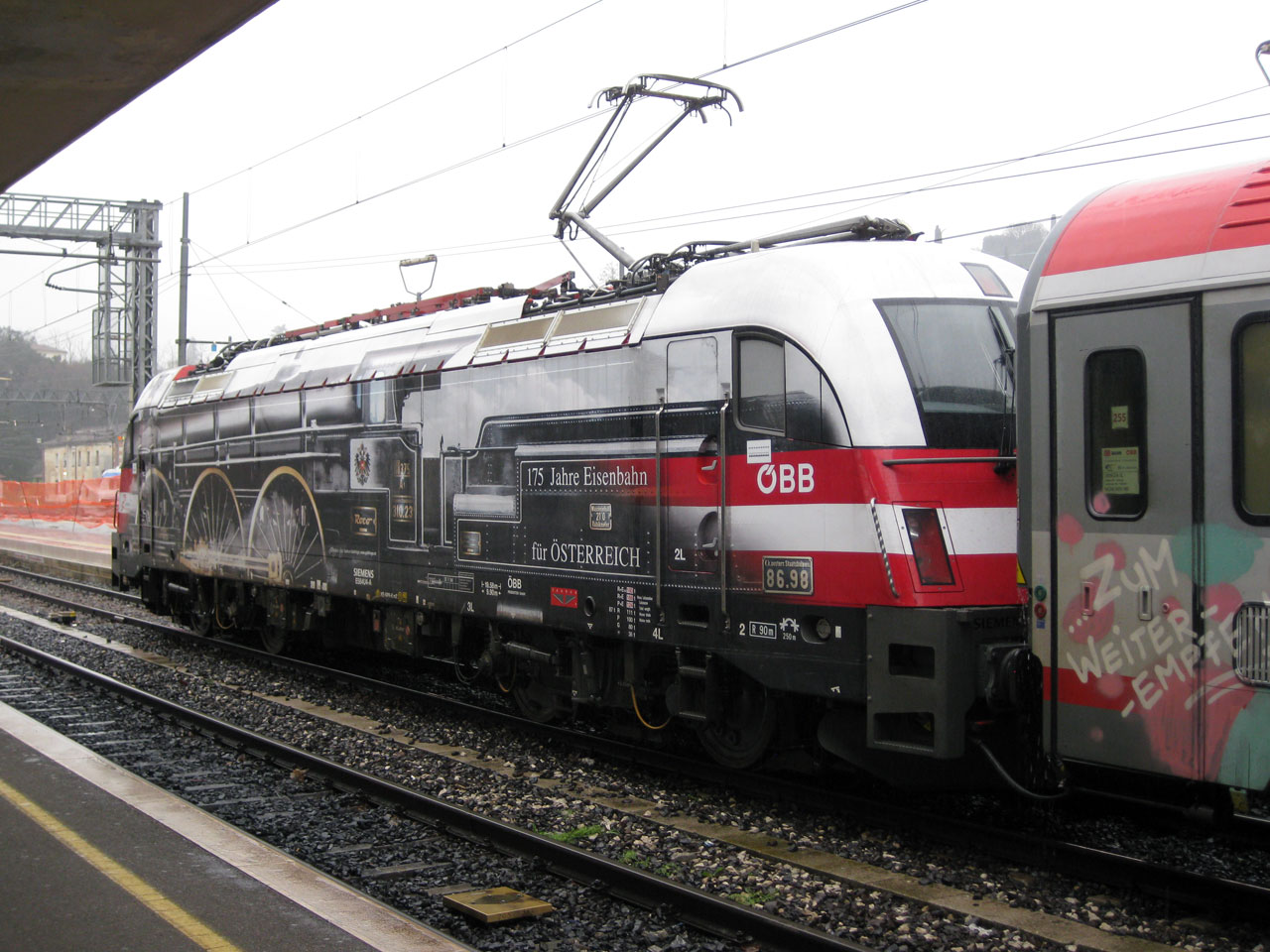
Of course travelling by rail isn’t practical (or even possible) over longer distances, so maybe a pragmatic first step we can all take is to avoid flying where a more sustainable form of transport is feasible, and restrict flying to long haul destinations. Also, we can all make an effort to take less long haul trips, perhaps only flying every other year, and when we do need to fly, take longer holidays, to really get the most out of that carbon; no more weekend shopping trips to New York, in other words. I realise that this may still not be enough, but if you’re serious about effecting a meaningful societal shift then I think you have to start off with targets that sound achievable and desirable to the average person in the street.
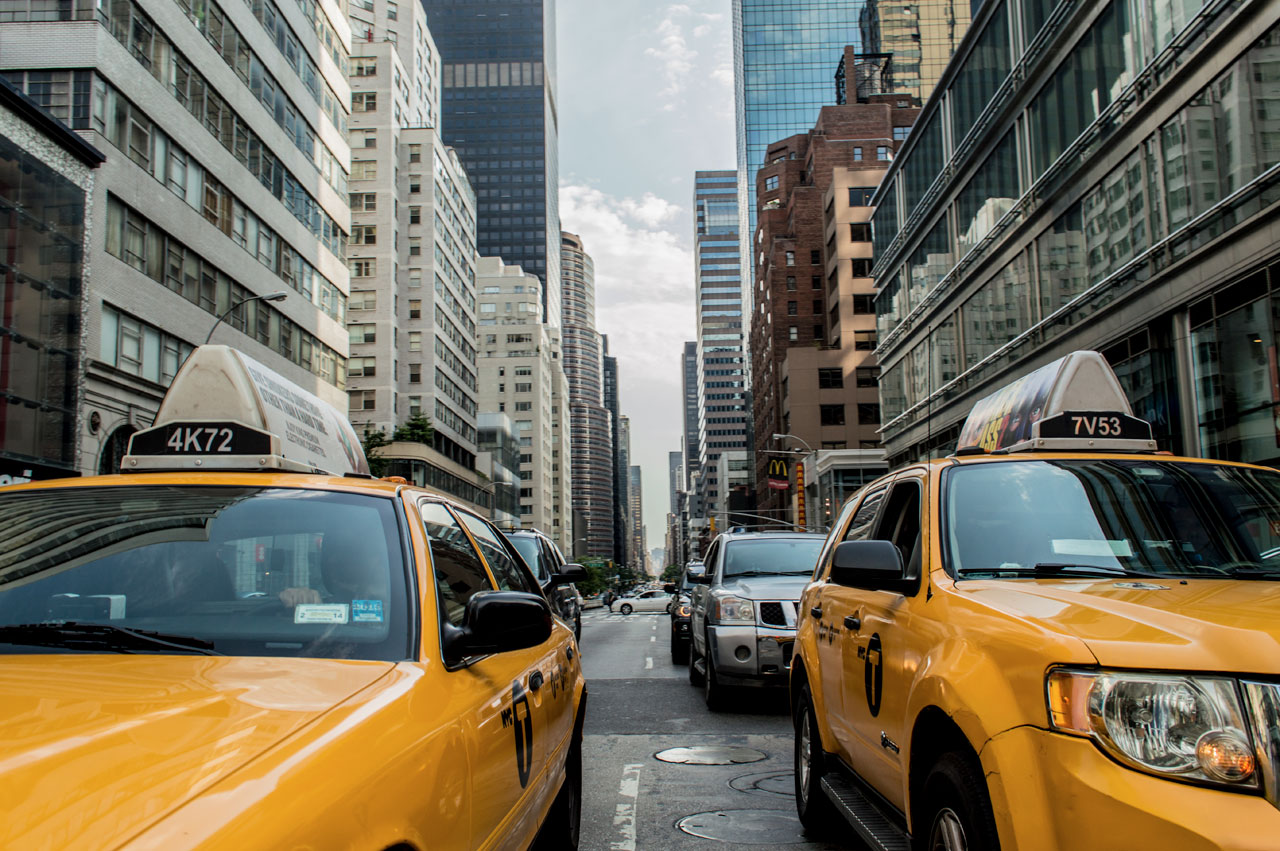
One thing I haven’t really touched on so far is the impact that new technology could have on our efforts to tackle climate change. This is partly deliberate, as I think we need to get away from the idea that some ‘techno-fix’ is going to come along which will allow us to carry on burning fossil fuels the way we do now, by sucking the carbon out of the air, deflecting the sun’s rays or any of the other geoengineering schemes that have been suggested. The situation is simply too urgent, and we can’t afford to gamble on unproven technologies. This is also relevant to the debate around air travel; while significant advances have been made in terms of improving fuel efficiency, and experimental flights using alternative fuels and solar planes have been successful, we’re unlikely to have commercially viable zero carbon flights any time soon, so we can’t rely on technology riding to the rescue.
“The notion that science will save us is the chimera that allows the present generation to consume all the resources it wants, as if no generations will follow. It is the sedative that allows civilization to march so steadfastly toward environmental catastrophe. It forestalls the real solution, which will be in the hard, nontechnical work of changing human behaviour.”
Kenneth Brower, writing in The Atlantic
What we can do, however, is use the technology that we already have to reduce our emissions in areas where there is a viable alternative to fossil fuels, so that we are only using non-renewables where there is currently no other option, such as in aviation. We already have the technology to hugely reduce our emissions by switching to sustainable sources of power generation, the deployment of which would surely be much cheaper and quicker than trying to defy nature by dimming the sun. Obviously we can’t all erect a wind turbine in our back garden – I don’t even have a back garden – but in the UK what we can do as individuals is switch to a renewable electricity supplier, such as Good Energy or Ecotricity (neither of whom have paid me to mention them, I should hasten to add). While in isolation this does nothing to reduce the overall level of emissions from non-renewable power plants, every time someone switches it sends an economic ‘signal’ that the demand for renewable power is increasing, and provides an incentive to build more turbines or solar arrays.
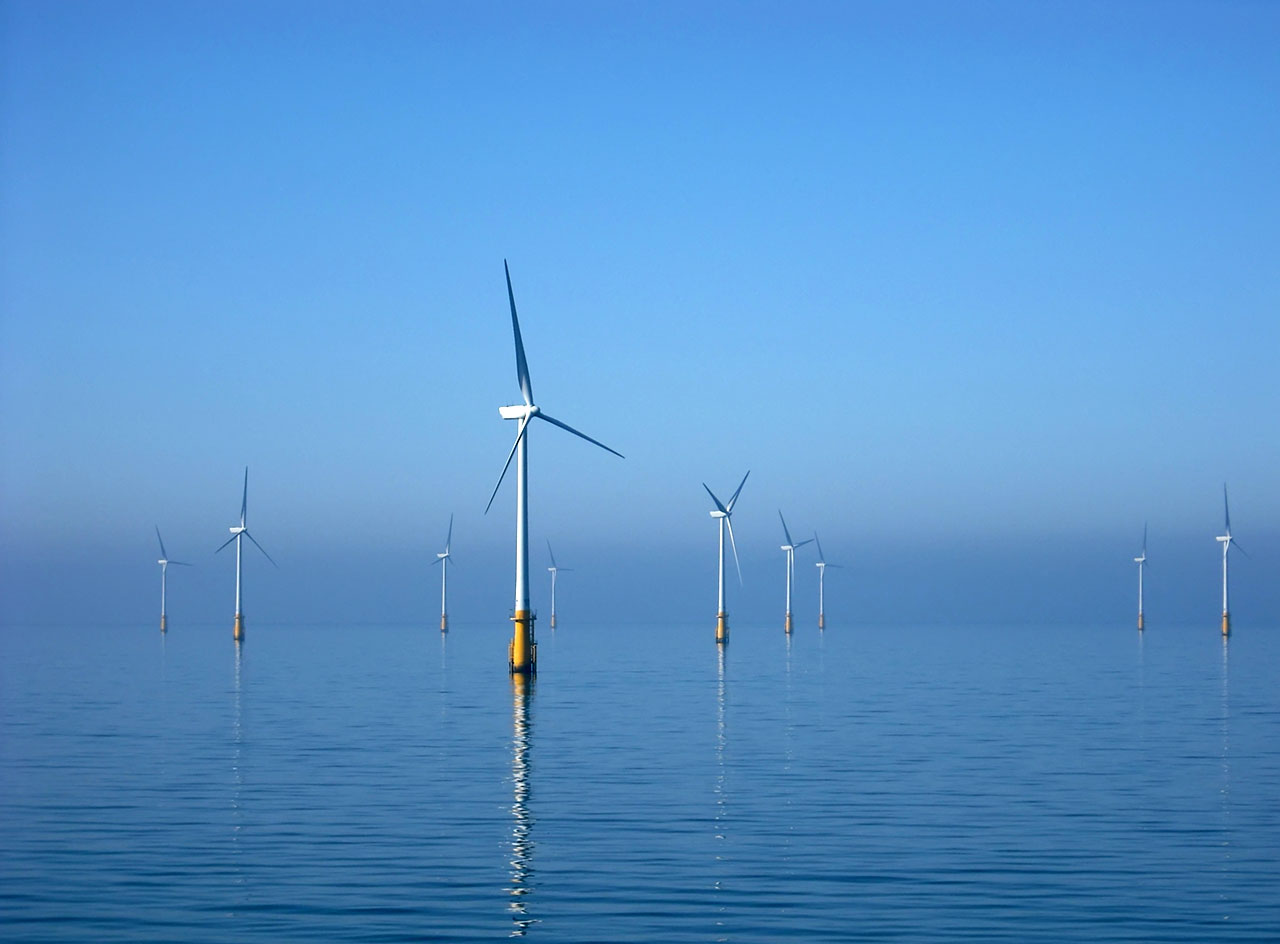
We can also try to eat less meat; buy less food, clothes and other goods shipped in from abroad where local alternatives are available; use public transport more often; and just generally try and reduce our footprint wherever possible. The more that each of us de-carbonises our lifestyle, the more feasible it is to take a long haul flight once every year or two without exceeding our two ton carbon ‘allowance’. To my mind, this is far more effective than carbon offsetting, since you are actually reducing your personal emissions, rather than assuaging your guilt by purchasing what is essentially a fig leaf for your carbon shame, a 21st century version of the papal indulgence.
“Any scheme that persuades us we can carry on polluting delays the point at which we grasp the nettle of climate change and accept that our lives have to change. But we cannot afford to delay. The big cuts have to be made right now, and the longer we leave it, the harder it will be to prevent runaway climate change from taking place. By selling us a clean conscience, the offset companies are undermining the necessary political battle to tackle climate change at home. They are telling us that we don’t need to be citizens; we need only be better consumers.”
In my first post I talked about Naomi Klein’s book, This Changes Everything. In the book, the initial message is a pretty terrifying one about the state of the world, followed by a demoralising dissection of everything we’ve done so far to try and combat climate change. But the book ends with a message of hope, painting an optimistic picture of climate change as an opportunity for a progressive transformation of society, a huge challenge but also a potential catalyst for positive change. I have tried to apply a similar template to this examination of the relationship between travel and climate change, and I hope that I have achieved something similar: to bring home the gravity of the situation we’re faced with, to pick apart the inadequate responses we’ve come up with so far, and to give some hope that we can turn things around.
I’ve also tried to get to grips with our tendency to bury our heads in the sand, to look away. It’s so easy for those of us who travel frequently to absolve ourselves of personal responsibility for the environmental consequences of our actions; to write it off as a problem that’s too big for us to solve, a problem that the government or the travel industry should be sorting out. I am guilty of this myself, but I think we all need to realise that the negative impacts that we’re talking about are not some hypothetical scenario, or, for my generation at least, something that will happen when we’re dead and gone; this is already happening, and it’s going to get a lot worse in our lifetimes if we don’t change course.
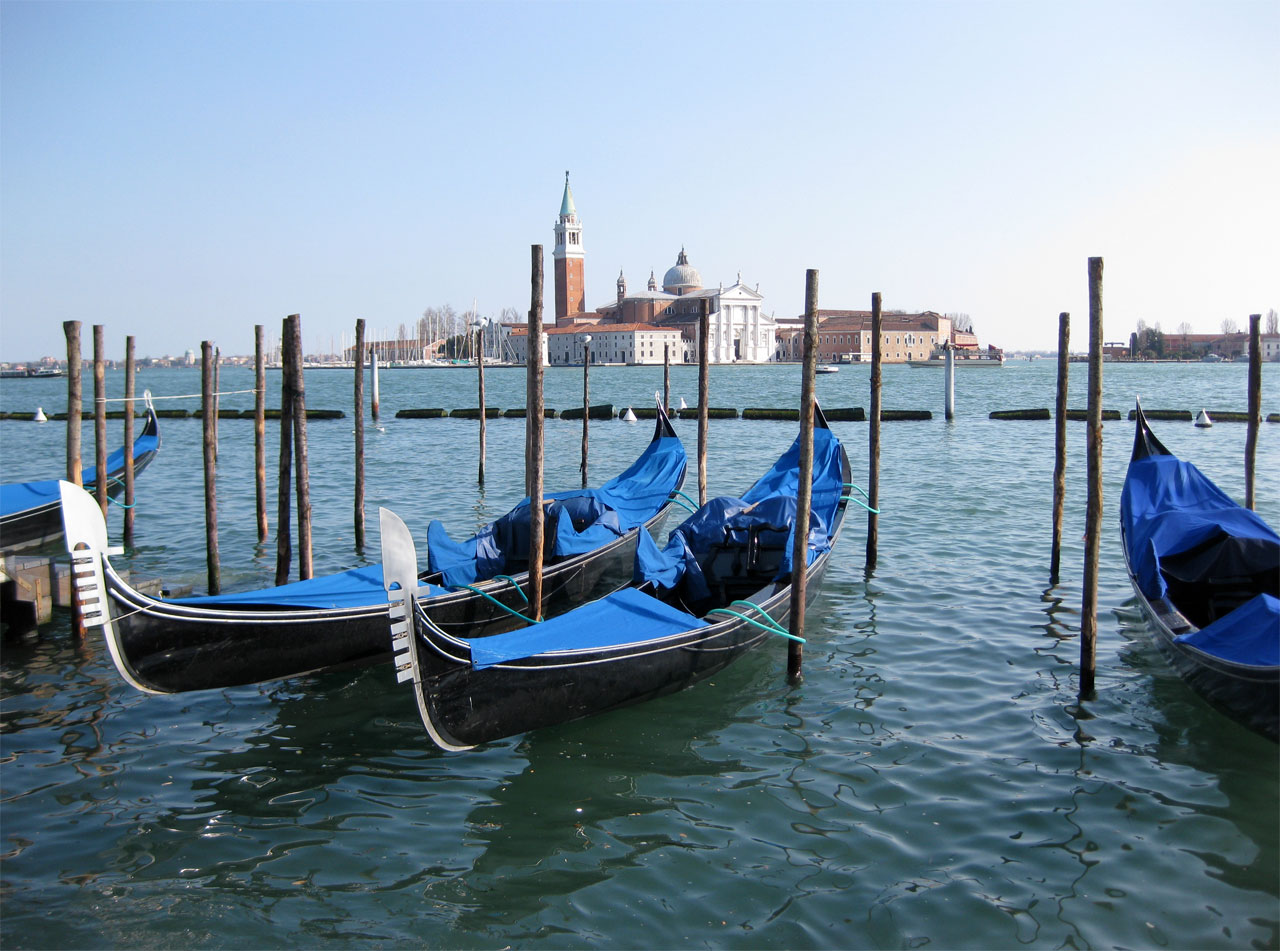
The majority of us might not be able to afford to travel in the future. Countries and cities that we’d love to visit may soon turn to desert, or succumb to flooding, or descend into civil strife and conflict as a result of scarce natural resources, famine and drought. It’s easy to make excuses, to kick the can down the road and hope that something comes along to save us, some technological fix that allows us to carry on as we are, guilt-free. It’s not going to come though, not in time to stop us hitting at least 4°C of warming by the end of this century.
That’s why I think that those of us who love to travel, whether we’re holidaymakers, travel bloggers or travel industry employees, need to start having an honest debate about air travel and climate change. Enough of the carbon offsets, the ‘eco’ hotels or the brochures printed on recycled paper; we need to be honest and admit that we don’t want to give up our holidays, but recognise the fact that we need to change the way we travel and the way we live if we want our children and our grandchildren to have the same opportunities to see the world that we’ve had.
What’s your opinion on travel and climate change? Please join the debate and leave a comment below…

